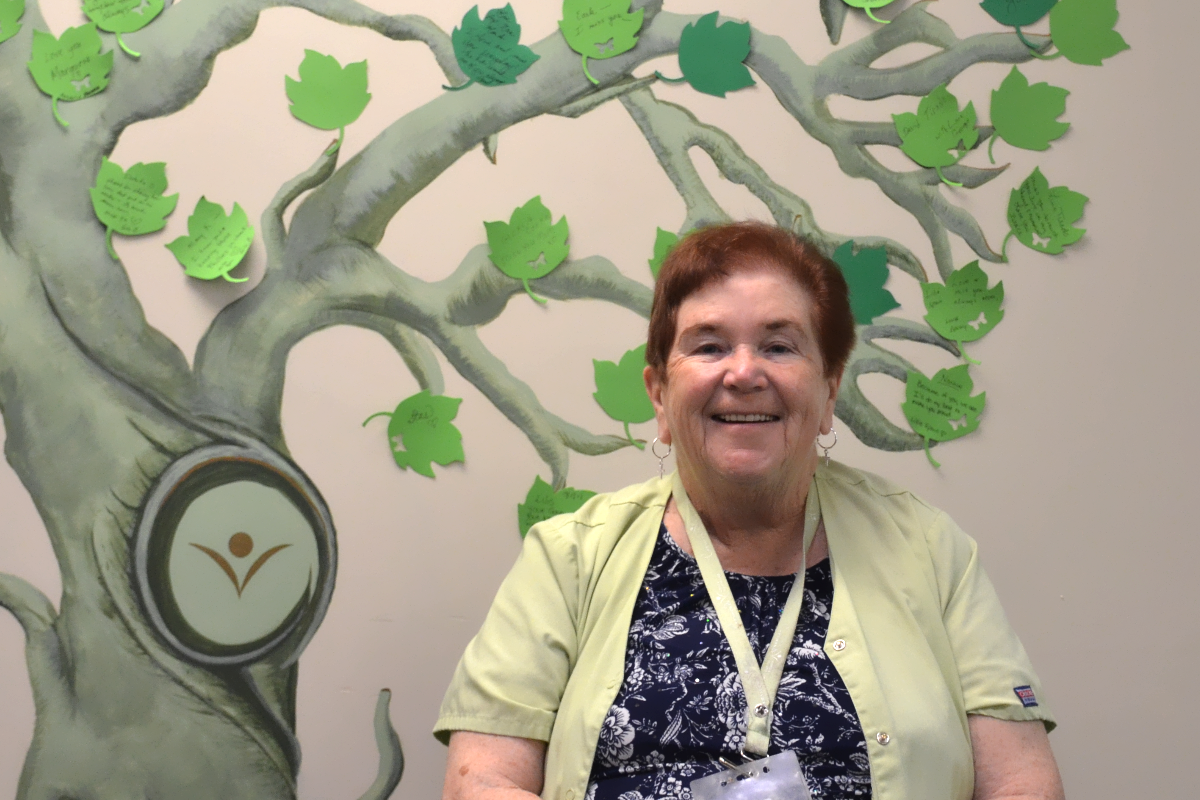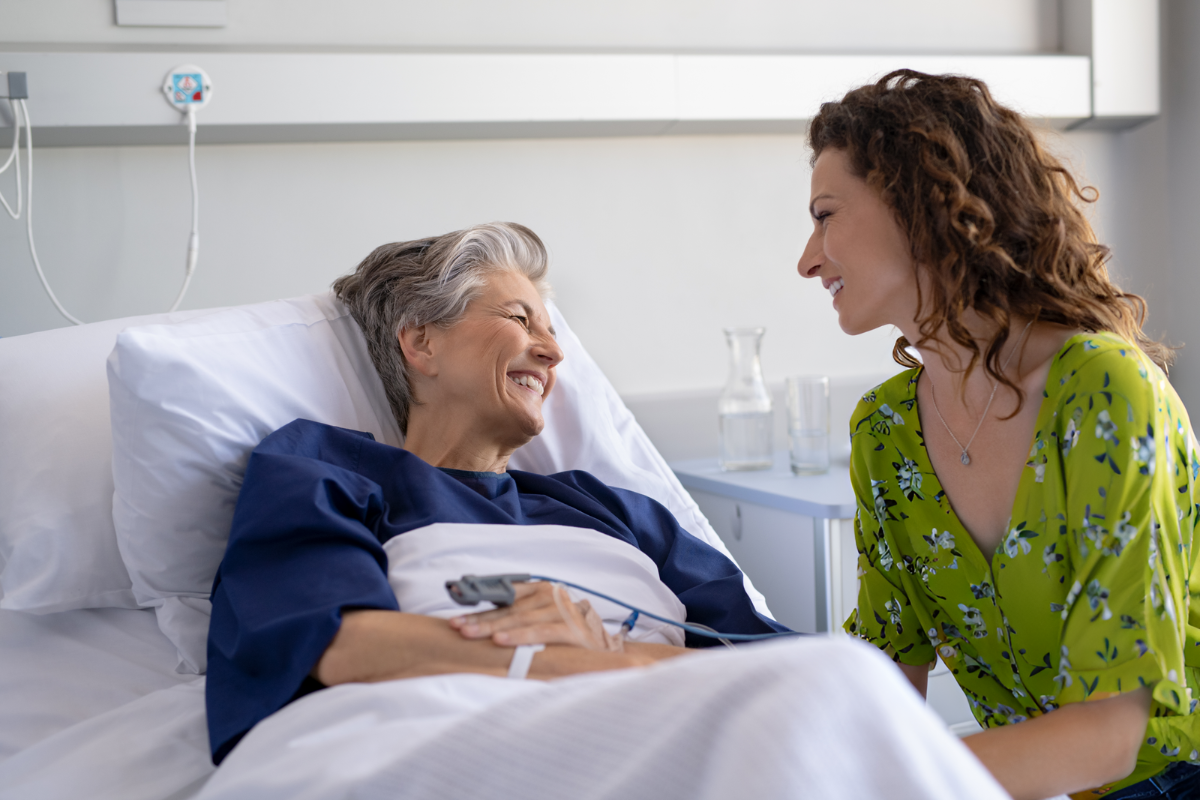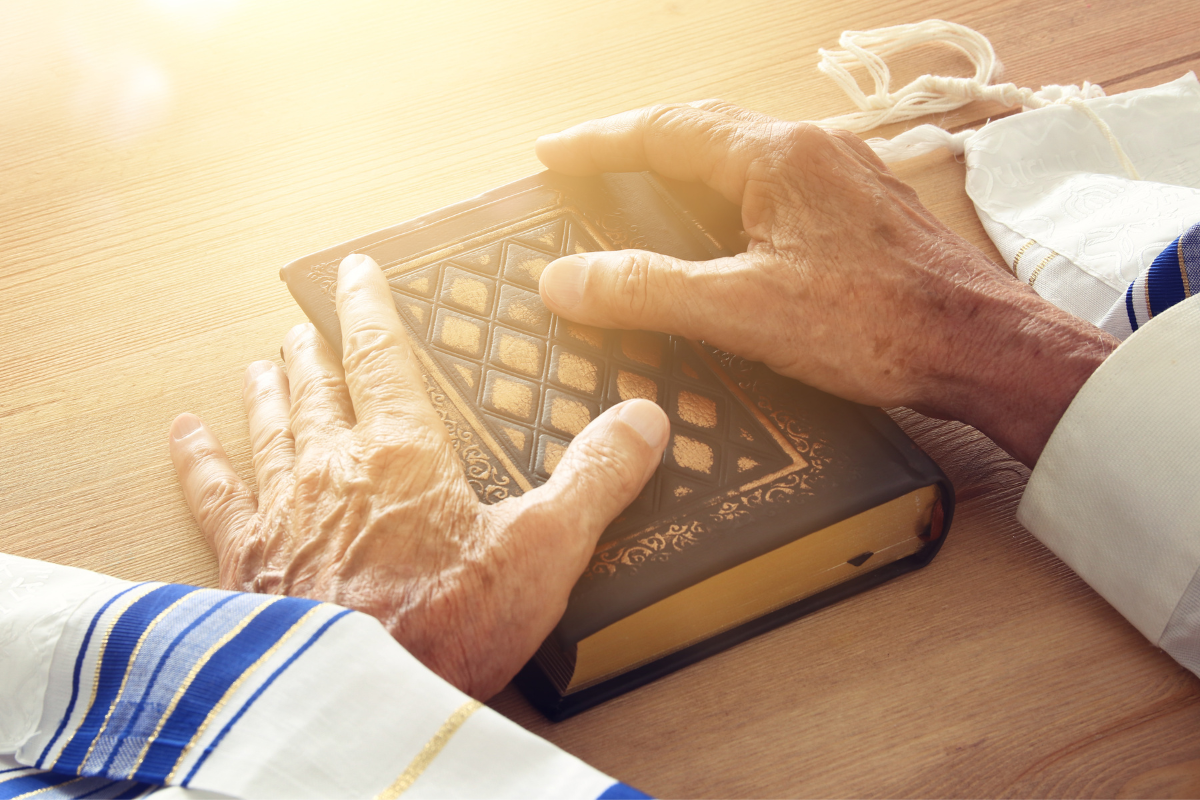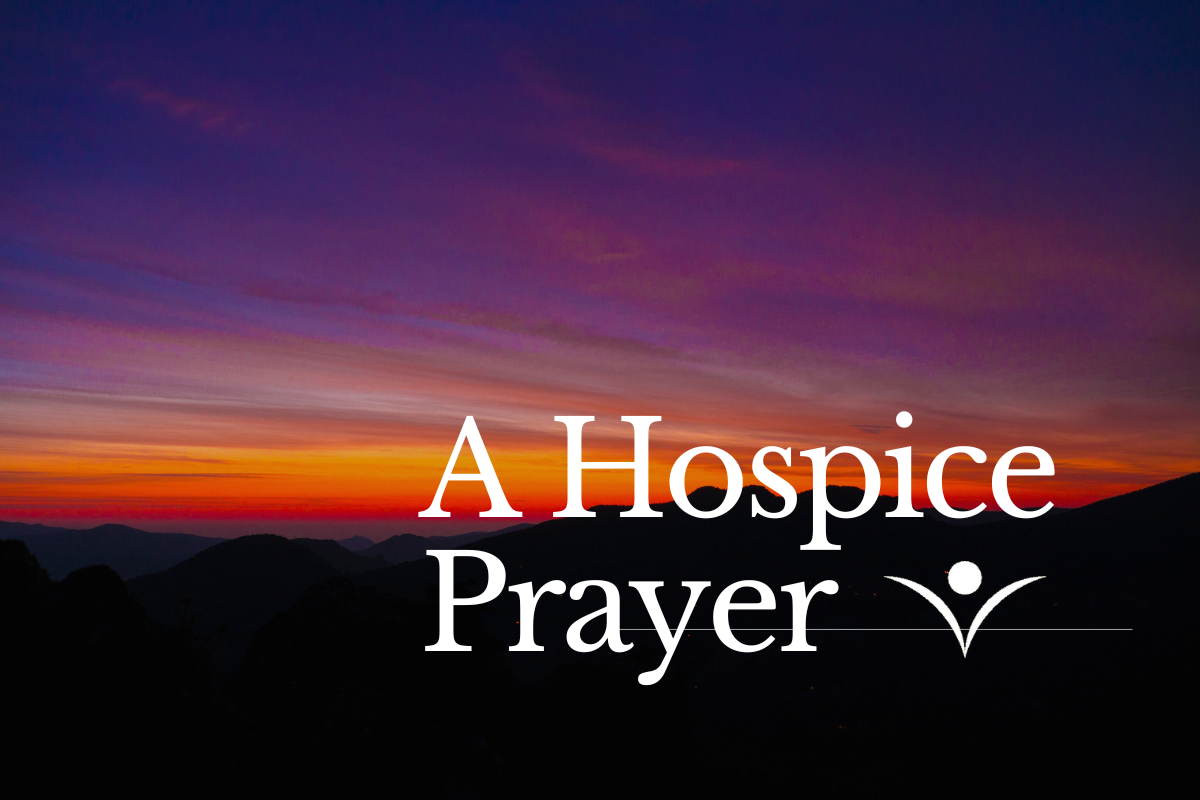Stories from a Hospice Chaplain: Ann O'Shea

Pain comes in many forms: physical, emotional, spiritual. The goal of hospice care is to provide comfort, and it's our chaplains who provide spiritual comfort to patients approaching end if life. Crossroads Hospice Chaplain Ann O'Shea explains the importance of that role.
Name: Ann O'Shea
Role: Chaplain
What is the role of the chaplain?
A chaplain is someone who comes in the name of the organization, in the name of hospice. By its title, a chaplain identifies someone as what we would call a “God person.” Basically, your right into the room is your title, and your title is chaplain, so you have to know what that means in order to be able to explain it to other people.
A chaplain is someone who has to be authentic, empathetic and truly committed to be on a journey with another person. A chaplain can’t really have its own agenda. Yes, we might pray. Yes, we may have some knowledge that we want to share with people, we might even have some teachings that we want to share with people, but we have to keep that very close to our heart. It is not something we put out there easily. It’s something that is invited from another person. If we’re able to pray with someone, that’s wonderful. But that’s because they want that, not because I want to do it for them.
Many times, I ask them, “Is it alright if I say a prayer with you?” Some people will say I can pray with them. Some people will say, “No, you do the prayer on your own. I don’t like people to pray out loud.” So again, it’s always being on a journey with someone and knowing your purpose on that journey is to be a God representative. A person who listens with compassion and empathy and who authentically believes that her God or his God is a God of loving care for others.
Why is it important to have a chaplain on the hospice team?
I think it’s important for a chaplain to be on a hospice team especially because in the medical model we always have curing versus healing. But in the hospice team, we’re kind of merged into healing. We don’t need to be about curing people. Our whole team is there to provide comfort and ease the pain and to provide care and compassion while they’re doing what it is that they can do best for others.
One of the reasons I love chaplaincy in hospice is because we are all a team member on the healing team. We don’t have to worry about curing anymore.
I also think it’s an important part of their journey where someone is able to say they’re on hospice. Maybe the family can say it, and the patient is not conscious of it. Maybe the patient can say it, and he or she is conscious of it. But it’s the journey that focuses in on dying. And that is the uniting force – whether people talk about it or not. And a chaplain, just by his or her presence, and that title invites people to talk about their wounds, their feelings, their uncertainties. Because this is the time when the now of life is becoming very, very temporary. Because of that, you need to have people around you with whom you can share as well as get care from.
I think a chaplain can invite that conversation with another about their journey. But always allowing the person to be in charge of the journey.
How does spiritual support benefit patients?
I think sometimes the effect of a chaplaincy or the effect of spiritual care on a death situation is really powerful. People die, and you’re expecting it, but you’re not expecting it. You want it, but you don’t want it. You have that sense of comfort, relief, and loss.
Then you have all of this trauma around what to do next. Someone’s worried about the uncle who hasn’t talked to his brother in years. [They think] he’s going to go to hell because he didn’t talk to his brother. You have a lot of dynamics which you need to address by listening and saying, “Why do you think that? Why do think that God would punish this person because he didn’t talk to his brother? Do we know what’s in somebody’s heart? Maybe on the outside he never talked to him, but maybe on the inside he had conversations with him all the time.”
We don’t know that, and that’s why I think you need to allow your sense of mystery and wonder to broaden the now of the trauma. Because the trauma is all rooted in what people know, and people don’t know mystery. They have to live it.
What else should we know?
I think chaplaincy is a real honor to be a part of it, to be called to it. And also to recognize how all our partners are part of our ministry. We’re not just the spiritual care people. All of our team is about that care.
To make a referral or ask questions about hospice care, please call Crossroads Hospice & Palliative Care at 1-888-564-3405.
Recommended Reading:
Prayers for the Dying: A Prayer for Hospice Patients
The Seven Commandments of Spiritual Care
Is Dying Easier for the Faithful?
If you found this information helpful, please share it with your network and community.
Copyright © 2018 Crossroads Hospice & Palliative Care. All rights reserved.




